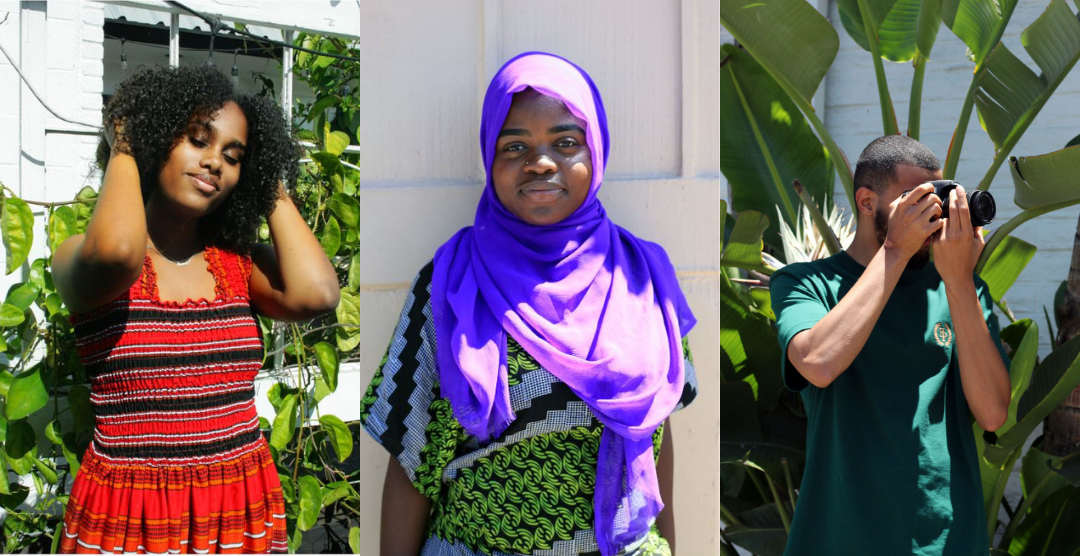This summer, students in The AjA Project’s photography workshops considered City Heights’ relationship with food–where residents get it, whether it’s healthy and how it compares to the food refugees ate previously.
They followed their camera lenses to the New Roots Community Farm, where refugees grow their own food. The farm helps growers reconnect with the way of life they left and maintain healthy diets.
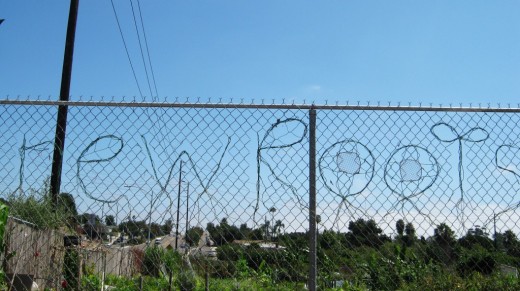
photo by Rhema Musa
“City Heights has a community garden like New Roots because for some people it provides a way to continue farming and it’s a good way for others to learn how to grow healthy food.”
-Rhema, 17, originally from Kenya
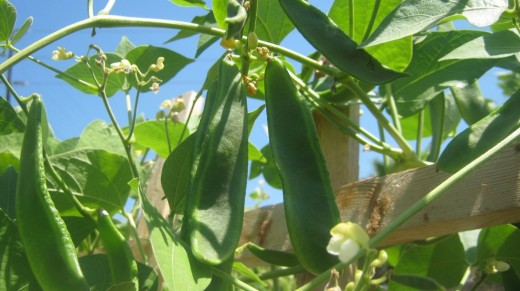
photo by Myo Myo Aye
“Community gardens give people better access to land to grow their own food. It’s easier and healthier because they don’t have to buy it in the stores and they know where it comes from.”
-Myo Myo, 14, originally from Burma
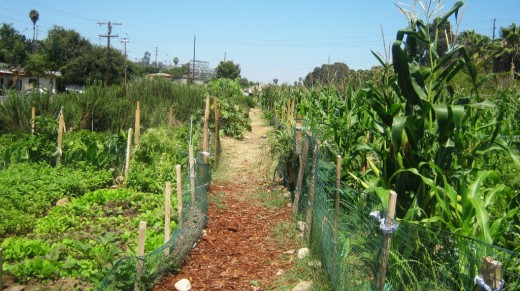
photo by Myo Myo Aye
“I think community gardens are important for immigrants because some immigrants used to eat fresh food and when they came to the United States they don’t have a job. I think the garden is the only way they can get a job.”
-Maryan, 17, originally from Somalia
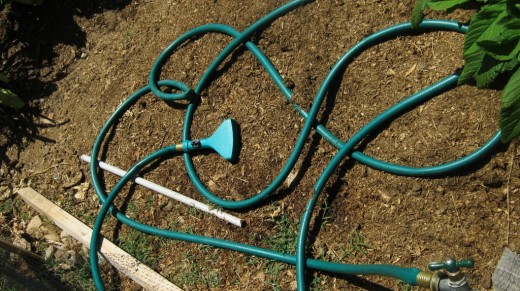
photo by Asnina Musa
“I think City Heights has a community garden like New Roots because they want to get people active and also people can get more fresh produce. It’s important for immigrants that come to the United States to grow their own food because it reminds them of home.”
-Asnina, 15, originally from Kenya





